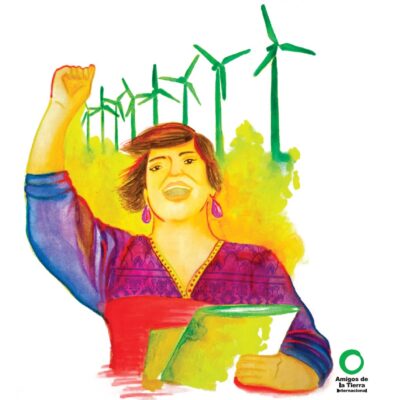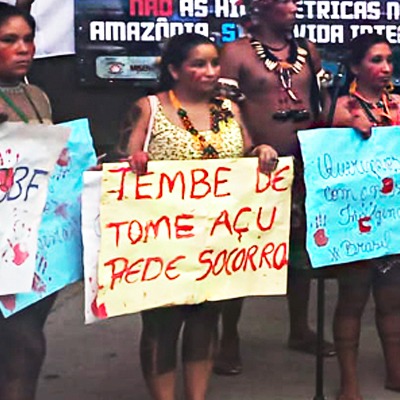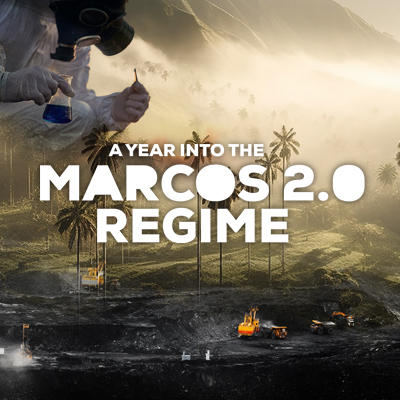
UN Conference in Nairobi ignores agreements ahead of Summit of the Future
The United Nations Civil Society Conference, taking place this Wednesday and Thursday in Nairobi, Kenya, ahead of the Summit of the Future to be held in September in New York (United States), ‘seeks to reinstate a corporate-driven agenda rejected by States and social organisations in the Summit process.’ ‘It is a crude attempt by the Office of the Secretary General…











